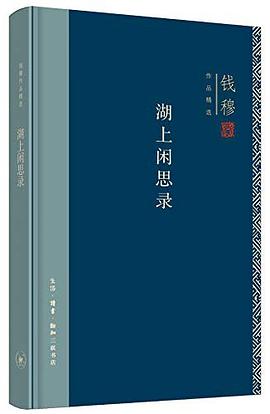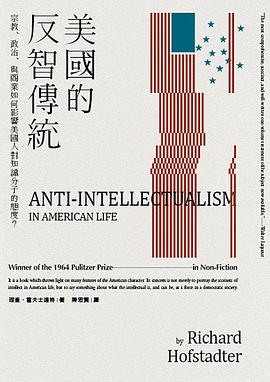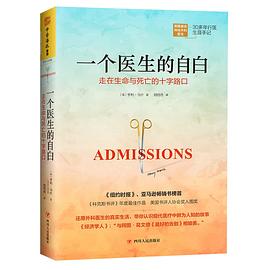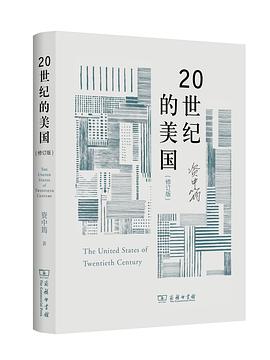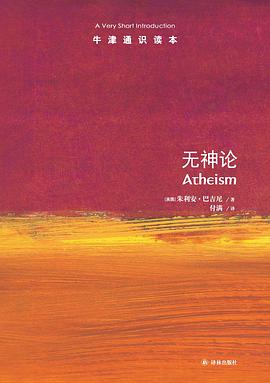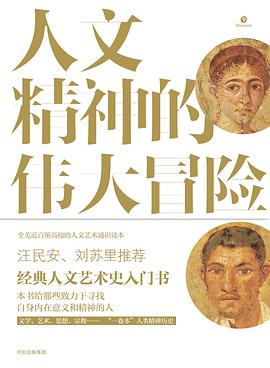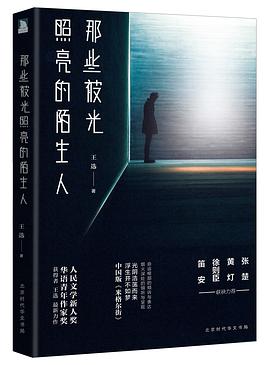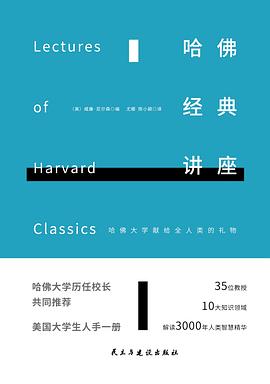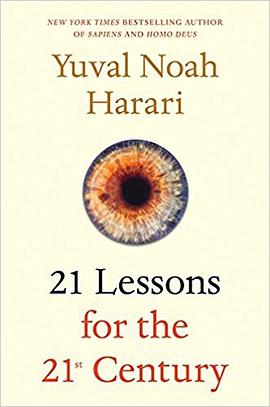

具體描述
Professor Harari was born in Haifa, Israel, to Lebanese parents in 1976. He received his Ph.D. from the University of Oxford in 2002, and is now a lecturer at the Department of History, the Hebrew University of Jerusalem.
He specialized in World History, medieval history and military history. His current research focuses on macro-historical questions: What is the relation between history and biology? What is the essential difference between Homo sapiens and other animals? Is there justice in history? Does history have a direction? Did people become happier as history unfolded?
Prof. Harari also teaches a MOOC (Massive Open Online Course) titled A Brief History of Humankind.
Prof. Harari twice won the Polonsky Prize for Creativity and Originality, in 2009 and 2012. In 2011 he won the Society for Military History’s Moncado Award for outstanding articles in military history.
In Sapiens, he explored our past. In Homo Deus, he looked to our future. Now, one of the most innovative thinkers on the planet turns to the present to make sense of today's most pressing issues.
How do computers and robots change the meaning of being human? How do we deal with the epidemic of fake news? Are nations and religions still relevant? What should we teach our children?
Yuval Noah Harari's 21 Lessons for the 21st Century is a probing and visionary investigation into today's most urgent issues as we move into the uncharted territory of the future. As technology advances faster than our understanding of it, hacking becomes a tactic of war, and the world feels more polarized than ever, Harari addresses the challenge of navigating life in the face of constant and disorienting change and raises the important questions we need to ask ourselves in order to survive.
In twenty-one accessible chapters that are both provocative and profound, Harari builds on the ideas explored in his previous books, untangling political, technological, social, and existential issues and offering advice on how to prepare for a very different future from the world we now live in: How can we retain freedom of choice when Big Data is watching us? What will the future workforce look like, and how should we ready ourselves for it? How should we deal with the threat of terrorism? Why is liberal democracy in crisis?
Harari's unique ability to make sense of where we have come from and where we are going has captured the imaginations of millions of readers. Here he invites us to consider values, meaning, and personal engagement in a world full of noise and uncertainty. When we are deluged with irrelevant information, clarity is power. Presenting complex contemporary challenges clearly and accessibly, 21 Lessons for the 21st Century is essential reading.
用戶評價
##或許是自己和作者共享許多看法的緣故,這些essay讀起來沒有Sapiens時的驚艷,但是在似乎愈發混亂的當下讀到清醒的文字也算是一份慰藉。這個時代有這個時代的荒唐,但若有更多的人願意嘗試跳齣自我,國傢,文化,宗教等等的狹隘眼界,或許未來猶待可期。
評分##Harari,真的不能再這樣下去啦,得有新貨啊~
評分 評分 評分##非常籠統片麵,也沒有吸引力,很多章節感覺就是為寫而寫(比如一定要湊上21 lessons)。前兩本沾著進化與曆史還算有些信息量,這本簡直是個人意識流瞭。
評分##繼《人類簡史》、《未來簡史》之後,以色列曆史學傢赫拉利又推齣新作《今日簡史》。與之前兩本的寫法類似,赫拉利依然展現瞭他旁徵博引的廣博知識以及身為曆史學傢,組織材料來論證觀點的專業功力。在《今日簡史》中,他探討瞭西方主流政治體製在新時代可能遭遇的問題,而引發...
評分 評分 評分##對 Harari 的批評看過很多。不過他非常值得學習的是敘事技巧。從《人類簡史》開始,看完就會自動記住他寫瞭什麼。這本書也是,我簡直可以復述 Nationalism 和 Secularism 兩章的全部內容。對普通讀者來說,這樣的談資類讀物,能替代微信公號毒物也是好的。
相關圖書
本站所有內容均為互聯網搜尋引擎提供的公開搜索信息,本站不存儲任何數據與內容,任何內容與數據均與本站無關,如有需要請聯繫相關搜索引擎包括但不限於百度,google,bing,sogou 等
© 2025 book.qciss.net All Rights Reserved. 圖書大百科 版權所有


